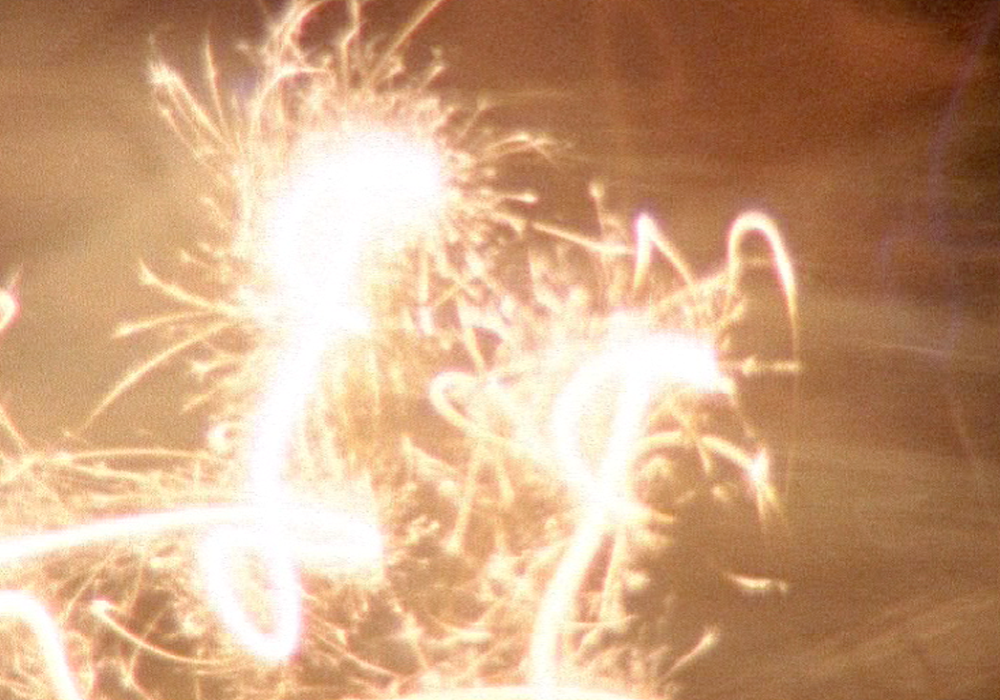
See Noise Hear Light Sunday
Arrington de Dionyso Eye Contact Kiyoharu Kuwayama Maryanne Amacher Matt Hulse Rina Kijima Tetsuya Umeda
Freeform Super 8mm documentation of Sunday at Instal 06 by filmmaker Matt Hulse.
Arika have been creating events since 2001. The Archive is space to share the documentation of our work, over 600 events from the past 20 years. Browse the archive by event, artists and collections, explore using theme pairs, or use the index for a comprehensive overview.

Freeform Super 8mm documentation of Sunday at Instal 06 by filmmaker Matt Hulse.

How do poetry and maths stitch together pictures of our fractured situation from its wreckage and relics, from the debris of hope and the well of residues that make us what we are?
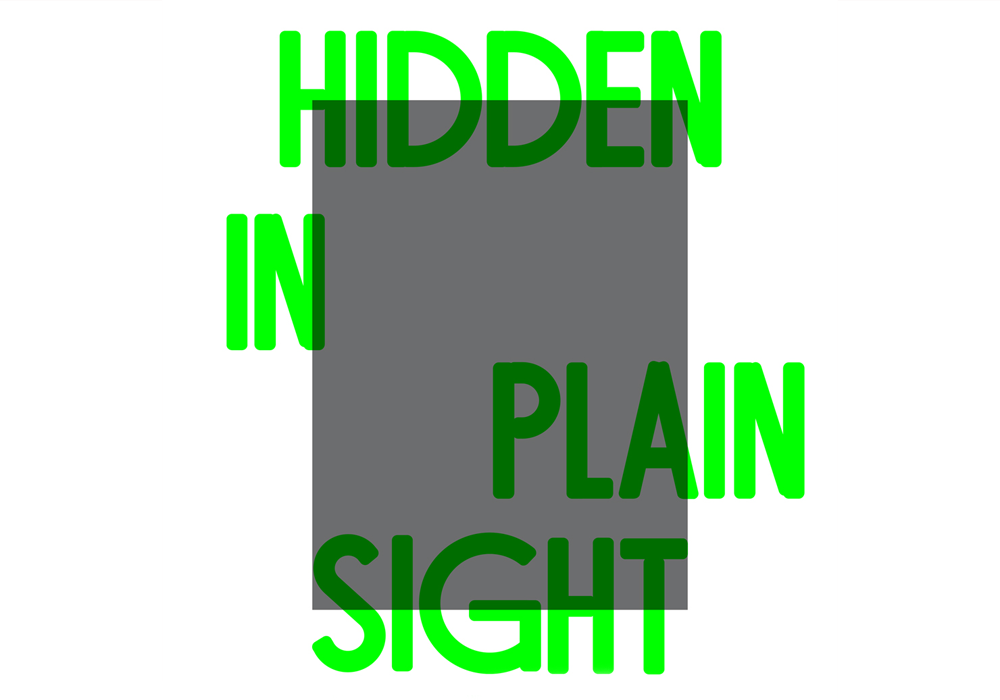
Voguing, drag, clubbing, and the politics of communities making different performances of gender and sexuality visible.
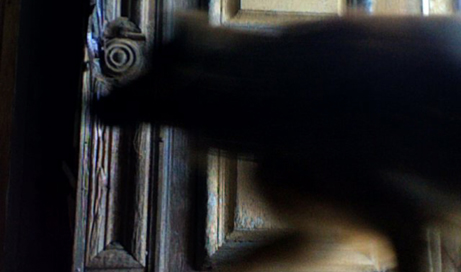
An audio/ video, lecture/ performance exploring the queer and companionly inter-activity of human-animal relations.
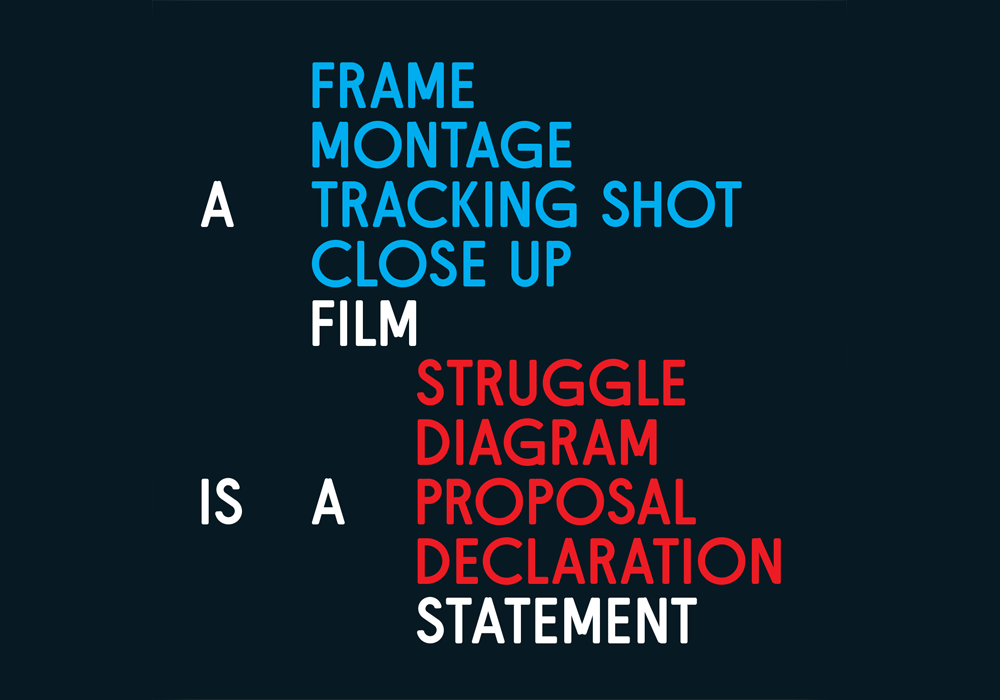
Every aspect of every film is always about more than just film. Or, as Godard said: a tracking shot is a moral issue. A cross between a festival, magazine and discussion about experimental artists’ films.

Kenneth Goldsmith reads extracts of his conceptual poetry and Achim Wollscheid manipulates mobile phone signals.

A prison abolitionist punk video-poetry-music mash up about our fucked-up dystopian society, RoboCop, kids toys and criminality.
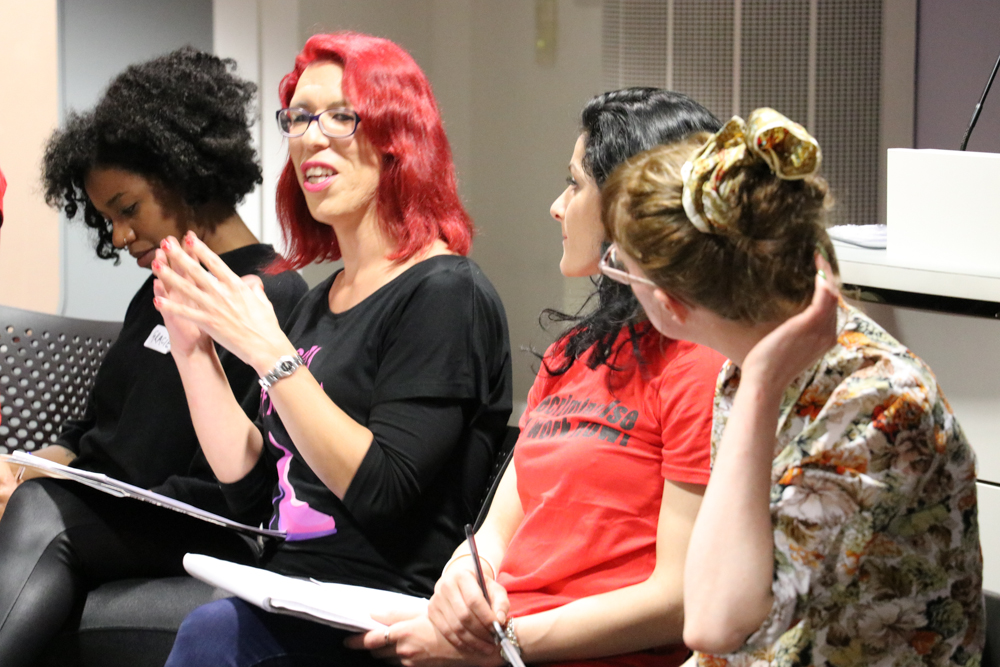
Three panels offering opportunities to discuss how to build stronger alliances between the sex workers’ rights, migrants rights and reproductive justice movements and how to face, together, an increasingly punitive and reactionary system.
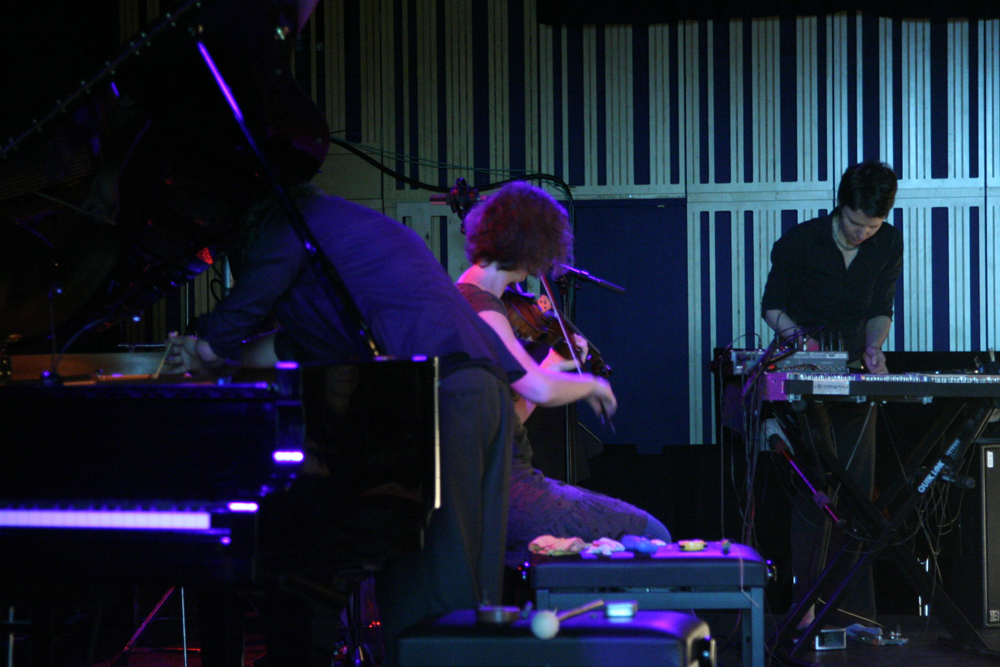
Improvising violinist Angharad Davies performing with pianists Tisha Mukarji and Andrea Neumann.
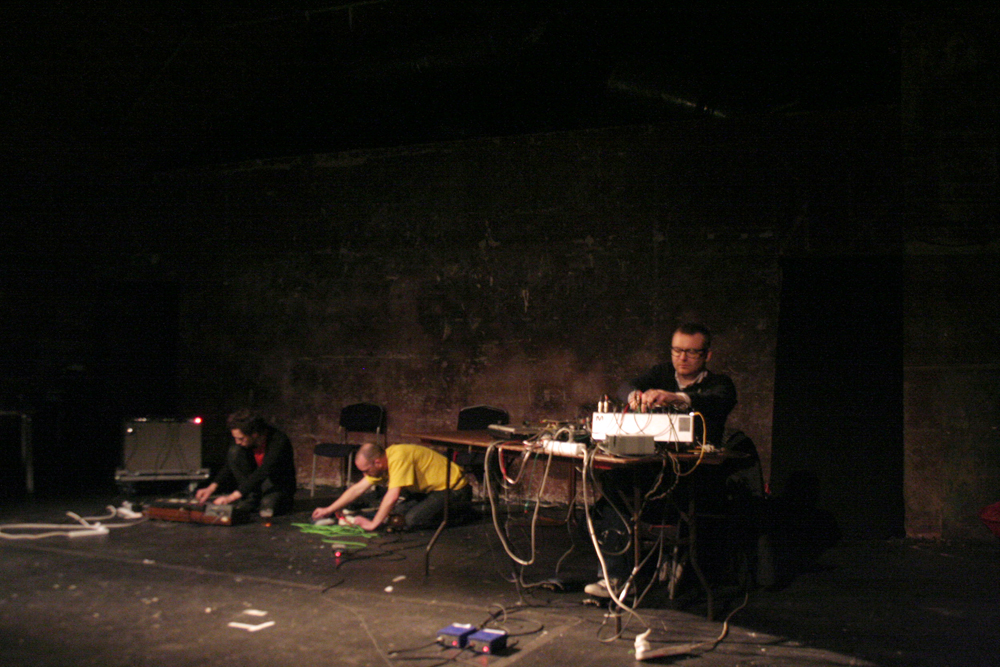
Droner responsible for Fordell Research Unit, Muscletusk’s murk manipulator and Metzian concrete-mixer cement international relations and yr heids.

Solo organ performance by German composer Eva-Maria Houben, which focuses on ‘nearly nothing’ to expand the way we listen.

Merzbow takes the junk of sound and transforms it into blistering noise assaults with an incredible spectrum and impact.